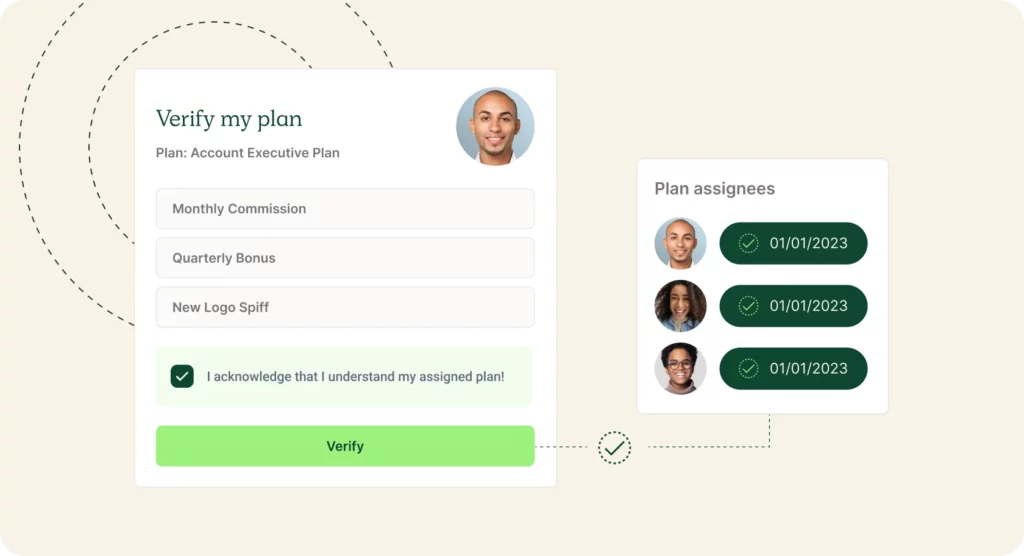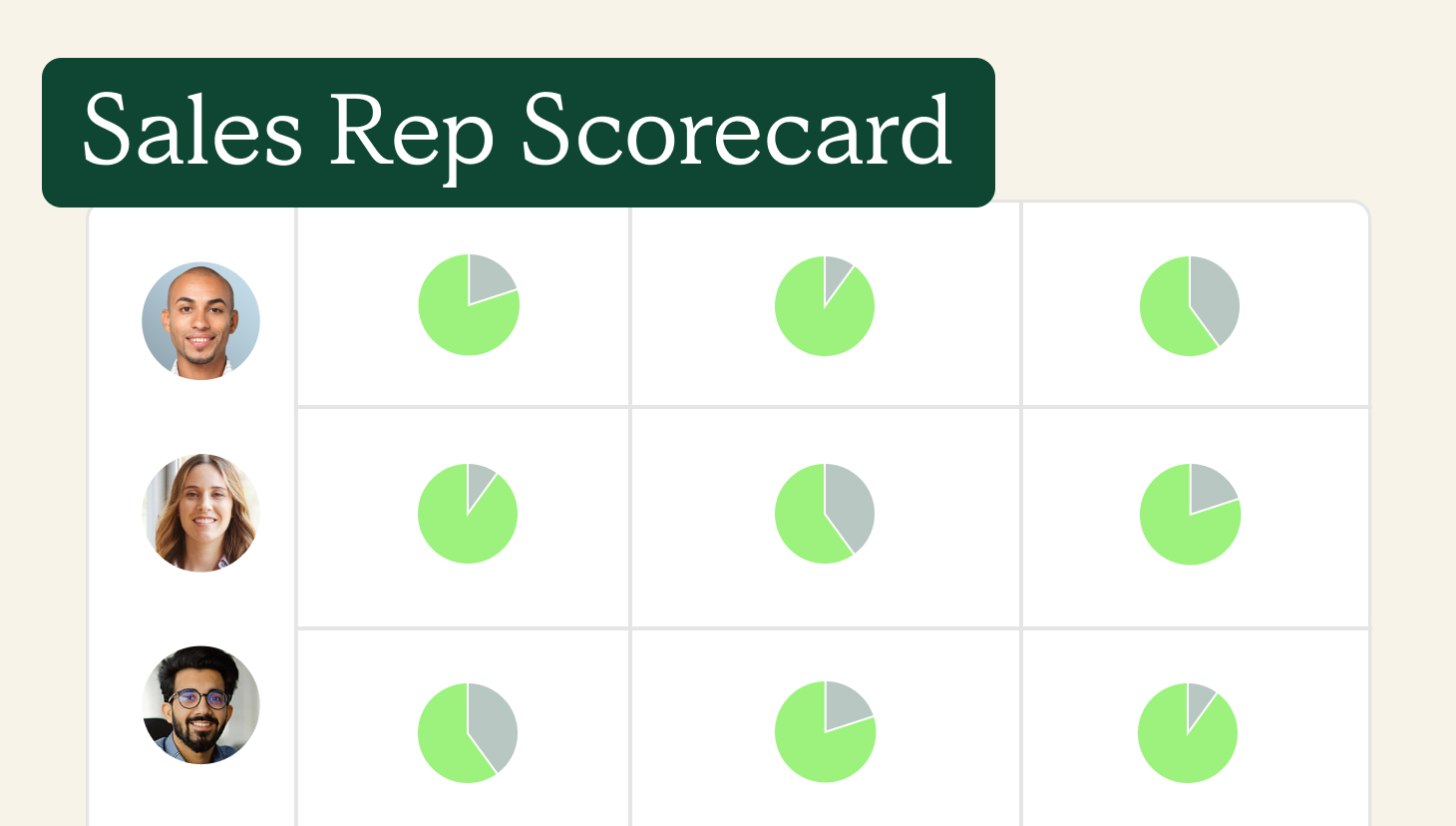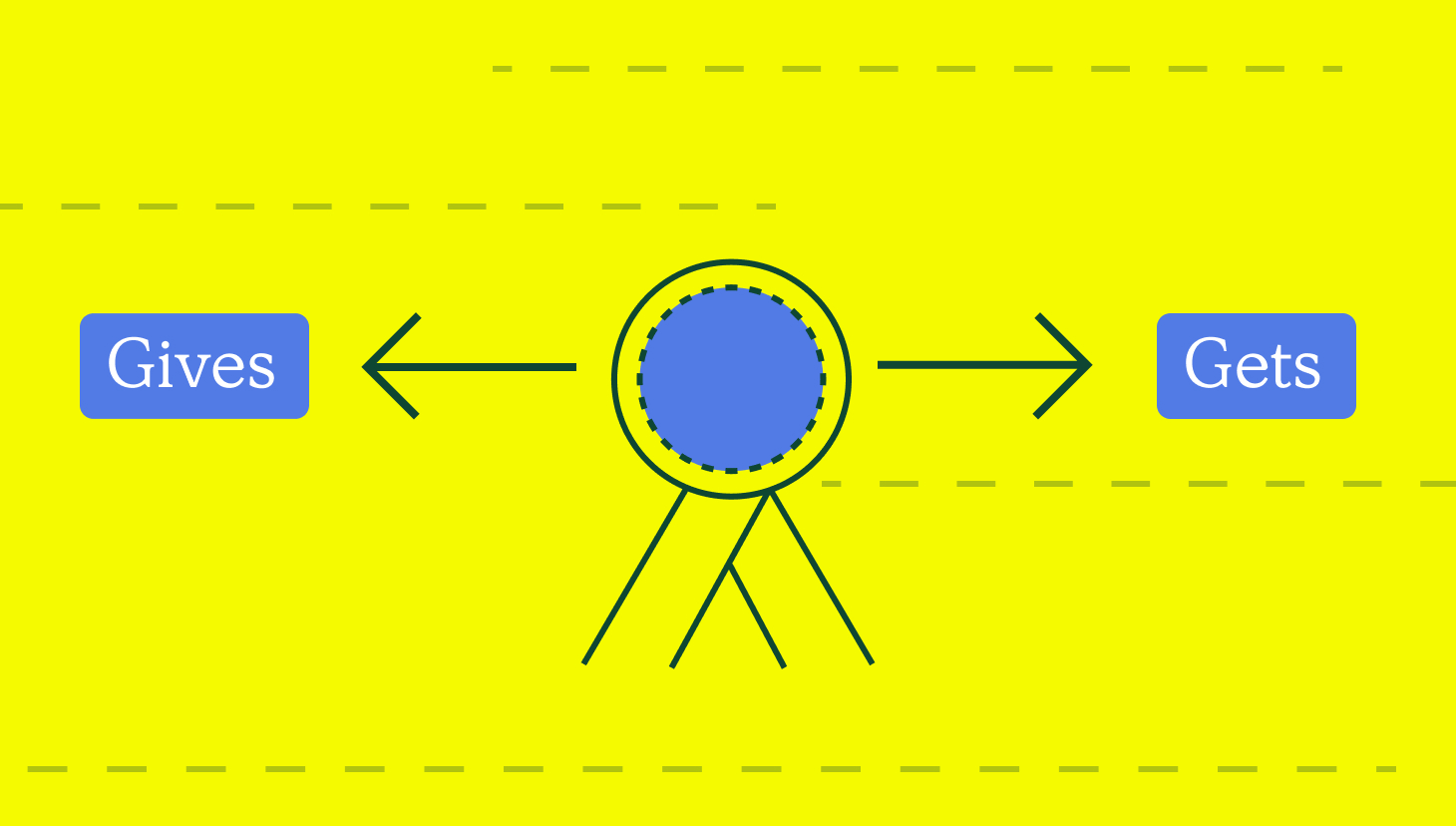According to our 2024 Compensation Trends report, it takes reps an average of 3 to 6 months to fully understand how they’re paid. Two things are happening here. First, comp plans are overly complicated, making them difficult for reps to decipher—and second, compensation plan communication is poorly planned and executed.
So, it is no surprise that 30% of leaders don’t think their plan motivates their reps since there is a direct correlation. The more reps understand how they are compensated, the more likely they are to be incentivized by your plan.
Many leaders are rolling out their new plans at the start of the year. This blog explores ways to ensure your reps understand how they are paid by the time the plan goes live.
Streamline commissions for your RevOps, Finance, and Sales teams
Design, track, and manage variable incentives with QuotaPath. Give your RevOps, finance, and sales teams transparency into sales compensation.
Talk to Sales1. Transparency & Clarity
First, make the plan accessible by distributing clear, well-explained documentation such as FAQs, videos, and emails. These communications should outline commission calculations, performance metrics, and payout rules. Show the math and how it translates to overall revenue targets or the achievement of other North Star metrics.
Additionally, we recommend documenting your comp plan in a compensation policy or commission agreement for rep sign-off. Your commission agreement should avoid subjective interpretation. Clearly define payout terms, what defines a deal, how deal splitting is managed, clawbacks, accelerators, bonuses, and commission tiers. Make it as black and white as possible.
Collect reps’ signatures on your commission agreement to ensure understanding and make these documents accessible. You can complete plan verification with hard copy documents, e-signatures, or with QuotaPath.
As changes or updates occur, make sure to prepare your team ahead of them. Don’t wait for an annual review. Boost understanding by giving reps ample opportunities to discuss changes and get immediate answers to their questions by hosting open forums, team meetings, or one-on-ones.
2. Alignment & Connection
Another way to ensure understanding is to tie your teams’ comp plan to your company targets. This fosters connection and individual impact to company-wide outcomes.
However, despite these benefits, our research identified “alignment to business goals” as the most needed area of improvement in sales compensation management. Individual targets must align with team and company goals so everyone understands how their efforts contribute to collective success.
To help, consider implementing forecasting software so that reps can easily connect the dots between deals in their pipeline and forecasted earnings. In doing so, you’ll enable team members to run various scenarios to see how the plan works and what its implications are for their attainment and earnings progress when bringing in the next deal. These real-life examples show reps how they can achieve their goals and reap the rewards, boosting understanding by making it personal and bringing the plan to life.
3. Communication & Feedback
Just as important as the initial communication of new plans is the collection of ongoing feedback throughout the year.
A solid compensation communication plan is essential for reps to understand and embrace a new or modified compensation plan. Otherwise, you risk confusion, demotivation, and even potential sales rep churn.
Regular dialogue about the plan allows reps sufficient opportunities to get answers to their questions and gain clarity around how it works and how they earn commissions. So, offer group and individual opportunities where team members can raise concerns and seek clarification.
Feedback is a critical element of compensation plan communication that helps you assess rep understanding and identify areas for improvement in the plan’s design or communication. You can gather feedback through anonymous surveys, feedback sessions, a hosted Slack channel, or during one-on-ones.
“Sometimes RevOps leaders make the mistake of not asking the sales team what they need, what they see in the market, and how they think they should be measured,” said Ryan Milligan, VP of RevOps at QuotaPath.
These conversations will help you keep an end-user pulse on the success of your plans.
Ryan often uses the following questions when seeking feedback during a one-on-one:
- Do you feel this comp plan is fair? Why or why not.
- Are you incentivized? Why or why not.
- Do you understand how you’re paid? He follows this question by offering a scenario for them to explain.
Pro tip: “Sales reps tend to give their RevOps counterparts more honest feedback than they do with their sales managers,” according to Jessica Zangre, Head of RevOps with Syncari. “That loop is really important to keep that trust.”
So, create a feedback loop or iterative process because gathering feedback is not one-and-done.
4. Gamification & Engagement
Next, deepen your team’s compensation comprehension by making it fun through commission gamification. These tactics improve understanding of comp plans, drive desired sales behaviors, and boost rep performance.
Dashboards or trackers help reps visualize individual and team progress, motivate goal achievement, and add an element of competition. Celebrate individual and team wins, including plan targets and non-plan behaviors like collaboration, mentorship, or exceeding customer expectations.
Create up to five leaderboards with QuotaPath’s Team Attainment Leaderboards as an easy way to engage and motivate the sales team through gamification.
5. Ongoing Training & Support
Lastly, make sure to include sales enablement that supports team members in their efforts to achieve their plan goals. Provide training resources like webinars, online modules, or external consultants to help reps deepen their understanding of the intricacies of the compensation plan. This allows them to make more informed decisions about which deals to pursue and why.
Host workshops for your reps on topics like personal finance, saving strategies, and commission-related taxes to help them make educated financial decisions. Then give your reps access to commission tracking software so they can run what-if scenarios to help identify which deals to prioritize and track progress toward both personal and professional goals.
Try QuotaPath for free
Try the most collaborative solution to manage, track and payout variable compensation. Calculate commissions and pay your team accurately, and on time.
Start TrialEnsure Your Team Understands Their Comp Plan
It takes reps an average of 3 to 6 months to understand their comp plan. When reps don’t understand how they earn commissions, they aren’t motivated by the plan. This lack of understanding often translates to demotivation, confusion, and frustration and may end in sales rep turnover.
Make sure your team understands their comp plan by clearly and transparently explaining the plan. Align it to business goals and help the team see the connection. Discuss the plan with your team and gather their feedback routinely. Leverage gamification to motivate and engage sales reps. Then enable them with ongoing training and support. See how QuotaPath helps you ensure your team understands their comp plan. Schedule time with our team to learn more.




